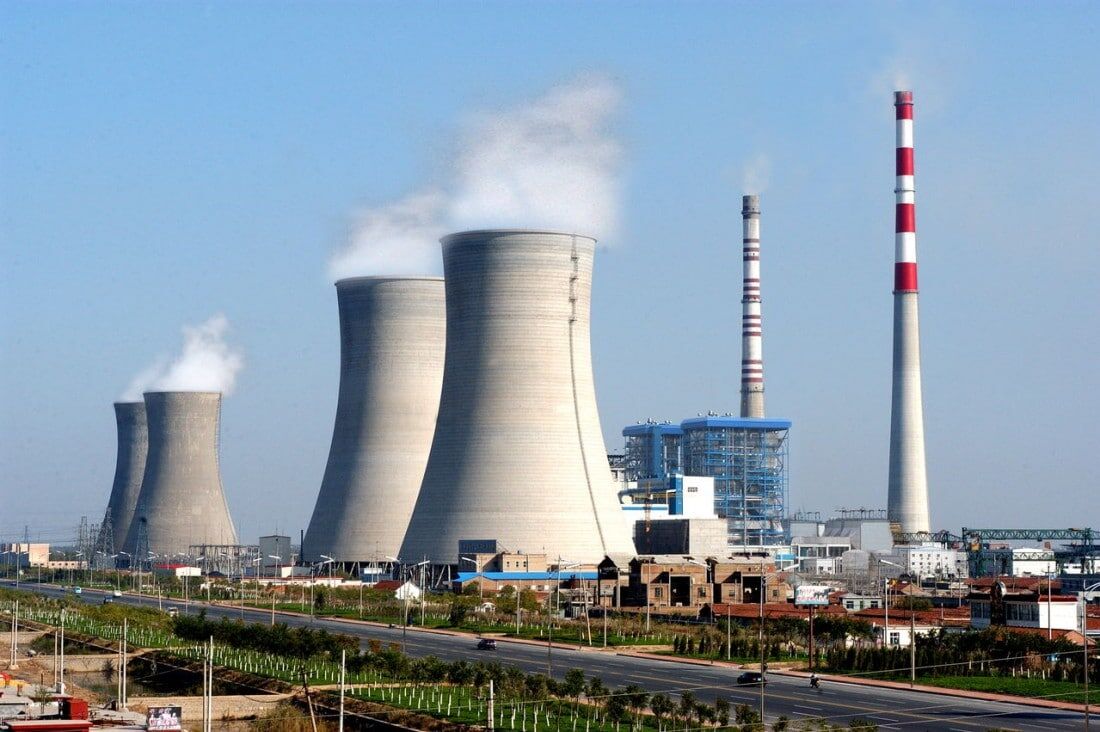According to NIGC, Saeid Tavakoli made the remarks Tuesday during the second coordination meeting on winter fuel supply. He said the national gas network is fully prepared for the cold season, with refinery maintenance completed on schedule.
“We are entering the winter in a much better position than last year, thanks to the efforts, coordination and unity across the Oil Ministry and the gas industry,” Tavakoli said.
He noted that gas reserves in the Sarajeh and Shourijeh storage facilities are at favorable levels and higher than last year, strengthening network reliability and stability.
table Production and Efficient Operations
Tavakoli highlighted a new record in fuel deliveries to power plants, saying the 3.1 billion cubic meter increase reflects the gas industry’s ability to sustain production and optimize existing resources.
He pointed to progress in energy efficiency programs launched last year, which are now producing tangible results. “No operational effort is without challenges, but careful planning and teamwork across the gas sector have led to valuable achievements,” he said.
Tavakoli added that 100,000 new heaters have been installed and 300,000 more will be replaced by year’s end. The company also plans to implement smart controls for over 100,000 boiler rooms nationwide under a detailed execution plan.
Smart Energy Management
The NIGC chief announced that a National Digital Transformation Event will be held Nov. 2–3, aimed at advancing the goals of the Seventh Development Plan in smart energy management and technology-based innovation within the gas sector.
He said the company is continuing resilience projects in Tehran Province, part of an initiative launched in 2004 to enhance network safety through emergency discharge towers in cooperation with the Tehran Municipality. The effort has made significant progress.
Tavakoli also referred to the impact of the recent 12-day conflict on the gas industry. “The National Iranian Gas Co. suffered some of the most severe damages, but with the dedication of refinery staff, reconstruction was carried out swiftly, and gas distribution never stopped—not even for a moment,” he said.
Tariff Reform and Public Trust
Emphasizing the importance of implementing the Cabinet’s resolution on gas consumption reform, Tavakoli said the initiative aims to improve consumer behavior and manage energy use to support productive sectors, job creation, and economic growth—not to boost NIGC revenue.
“Encouraging more efficient consumption among heavy users and better managing the distribution network will positively impact the economy and the stability of the national energy grid,” he said.
He also underscored the need for trust, teamwork, and professional ethics across the organization. “Challenges are part of reality, but our response determines the path forward. Even in the toughest conditions, our colleagues serve the people with a spirit of dedication,” Tavakoli said.
He concluded by stressing the role of social media in shaping public perception. “In today’s economic and cultural battles, one front is the battle of narratives. Our duty is not only to ensure energy supply but also to preserve social capital and public trust. With human values and scientific planning, we can guarantee the sustainability of Iran’s gas industry,” he said.


Your Comment